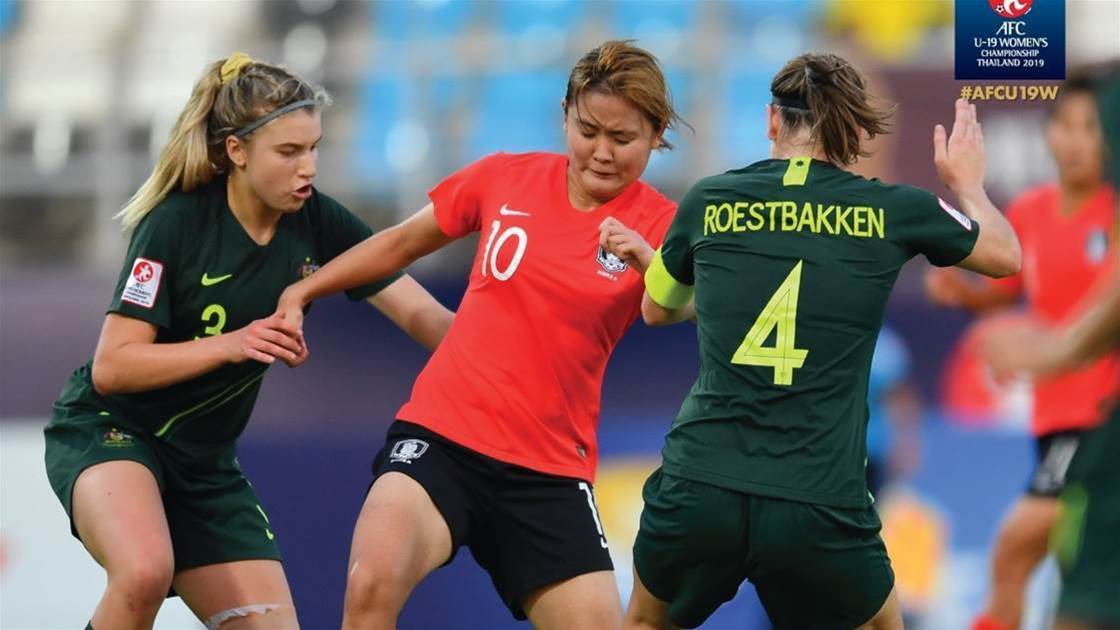After losing 9-1 to South Korea and conceding 21 goals to North Korea, Japan and South Korea in three games, serious questions are being asked about the development of our elite female footballers in Australia.
“These players are picked in state academies because they are already good footballers... let's be realistic and say that if we cannot produce players if intensity wise or by effectiveness, we cannot match other nations,” he said.
“These players need to play with senior players to fix this, it is as simple as that. Especially in an environment where results are actually important and demand intensity and physicality from them.”
Cohadzic’s thoughts are similar to what was identified in the PFA’s pioneering study into the ‘Golden Generation’ of Australian footballers.
The report, which was released late last month, identified how important it was for the golden generation to have a club culture as well as have early exposure to senior football.
“We simply will not be able to produce players given the way we are set up at the Federation level at the moment,” said Cohazic.

“Clubs need to develop these players and academies need to be set up at each club. All Federations need to do is employ scouts and have a mentorship program for the so-called more talented players.
“Get them in once or twice a week and play against a boys group and then let them get back to the clubs to play in a more challenging environment with senior experienced players.
“Invest that money from the new revenue share deal and from the government for emerging Matildas into each NPL club to set up an academy and employ good coaches.”
Related Articles

Four potential Young Matildas we’re hoping to see at the U-20 World Cup

'I felt so out of place': W-League, Young Matildas star reveals racist abuse













